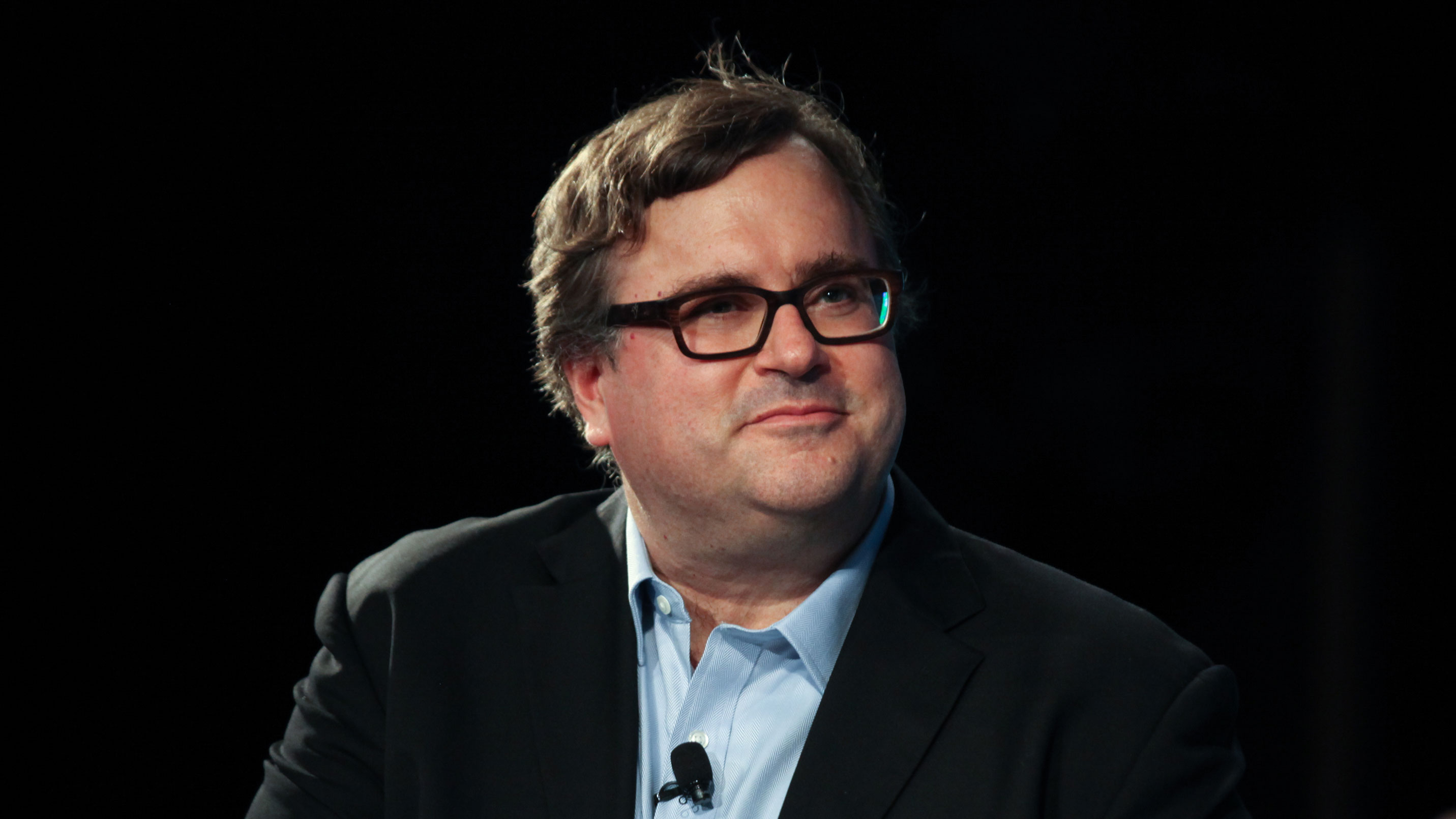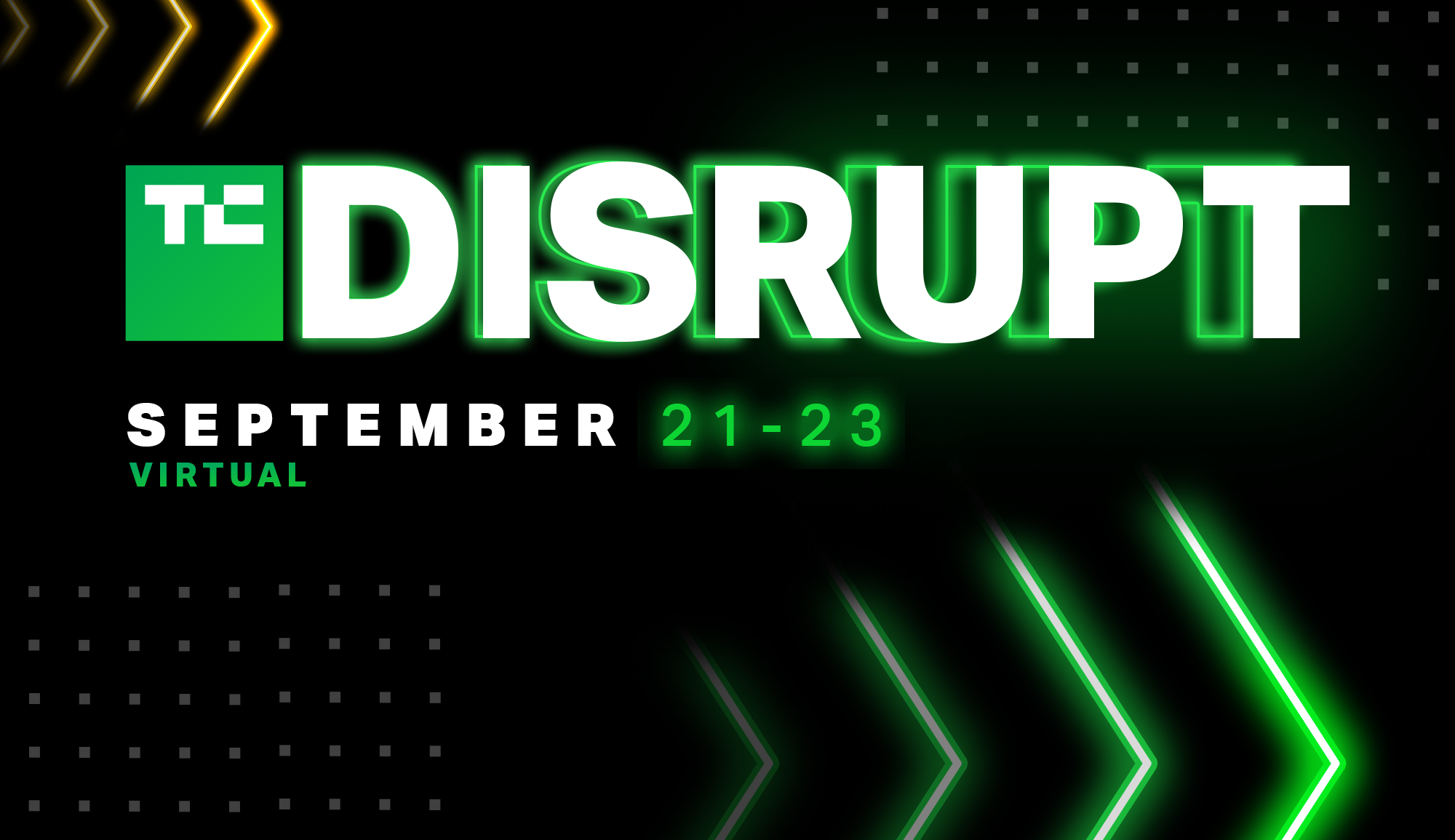Welcome to Startups Weekly, a fresh human-first take on this week’s startup news and trends. To get this in your inbox, subscribe here.
Oper8r, built by Winter Mead and Welly Sculley, wants to help new entrants in the VC world scale. The accelerator launched last year as a “Y Combinator for emerging fund managers,” built to help solo capitalists and people launching rolling funds grow up.
The idea was that a well-networked, smart individual may be able to raise their first $10 million in a debut fund off of connections, but when it comes time to scale to a $50 million or $200 million fund, managers need to have a sophisticated understanding of how the LP world works.
Now, Mead claims that all 18 graduates within his first cohort, which include Stellation capital, Maple VC, Interlace Ventures and Supply Change Capital, have successfully closed funds. Its second cohort is still in the fundraising process, but across both cohorts, over $500 million has been closed. Oper8r is launching its third cohort next week and soon will announce the launch of Cr8r, an early-stage program to help talented angel investors grow their investment cadence.
Oper8r’s expansion comes as the rate of first-time venture fundraising grows as well. The Wall Street Journal’s Yuliya Chernova wrote a story this week about how, after years of being on the decline, the rate of first-time venture fundraising in the United States is “on track to reverse course.” The story, pulling analysis from advisory firm Different Funds, states that “in the second quarter of this year, some 40% of venture-fund announcements, which includes funds just setting out to raise capital, were made by debut funds, whereas they represented between roughly 20% and 30% of fund announcements in each quarter over the past two years.”
This data screams that the rise of a solo GP, or an ambitious rolling-fund-turned-venture firm, isn’t a one-off, it’s an actual trend. This means there’s more pressure for venture firms to go beyond a scout program when it comes to supporting the next big investors — and there’s more of a market for formal efforts to scale operations.
Mead, meanwhile, is cooking up ways to add validation and signal to Oper8r. Many accelerators write checks to further validate their choices, but also to tap into the access they’re getting by helping budding entrepreneurs before top-tier LPs and VCs notice them. He hinted that Oper8r may pursue a similar strategy as it seeks to be the go-to for emerging managers.
“I think capital speaks louder than educational programs,” he said. “If you’re putting money into the opportunities you’re engaged with, I think it serves as a greater signal than someone just coming through the program.”
In the rest of this newsletter, we’ll discuss the creator economy’s latest dance, international BNPL week, and why I’m putting Reid Hoffman in the hot seat. As always, you can find me on Twitter @nmasc_ and listen to my podcast, Equity.
Edtech wants to have its creator economy moment, and it’s complicated

Image Credits: Bryce Durbin / TechCrunch
Edtech and the creator economy certainly differ in the problems they try to solve: Finding a VR solution to make online STEM classes more realistic is a different nut to crack than streamlining all of a creator’s different monetization strategies into one platform. Still, the two sectors have found common ground in the past year — as encapsulated by the rise of cohort-based class platforms.
Here’s what to know: I wrote about how the overlap of both sectors is leading to some complications during the rise of cohort-based classes. Some fear that turning creators into educators could bring in a rush of unqualified teachers with no understanding of true pedagogy, while others think that the true democratization of education requires a disruption of who is considered a teacher.
Edtech extras:
- Quizlet plans for IPO over a year after hitting unicorn status
- Microsoft acquires TakeLessons, an online and in-person tutoring platform, to ramp up its edtech play
- The Education Revolt: 7 key drivers and 4 industry shifts
TTYL, BNPL

Image Credits: Bryce Durbin / TechCrunch
This week on Equity, Mary Ann and I made sense of what felt like international BNPL week: PayPal acquired Japan’s Paidy for $2.7 billion, Zip bought Africa’s Payflex and Addi raised $75 million to prove BNPL’s power in LatAm.
Here’s what to know: The global boom is partly in response to e-commerce trends, partly in response to consumer demand for more flexibility when it comes to financing. The market isn’t a winner-takes-all, so expect more well-capitalized startups buying their way into consumer markets outside of their geography.
Other news of note:
- As BNPL startups raise, a look at Klarna, Affirm and Afterpay earnings
- Wisetack closes on $45M to bring ‘buy now, pay later’ to in-person services
- Why Square is shelling out $29B to snag BNPL player Afterpay
- Fintech is transforming the world’s oldest asset class: Farmland
Reid Hoffman on the hot seat

Image Credits: Kelly Sullivan/Getty Images for LinkedIn
I read Reid Hoffman’s podcast-turned-new-book “Masters of Scale” over the past few days. The entire time, I felt like a well-networked mentor was giving me a pep talk, with name-drops that turned into generalist advice and a behind-the-scenes look at humanity’s decisions.
Here’s what to know: While the book gave me a needed boost of optimism, I still had some critiques. I felt like the book’s choice to not talk much about the ugly within startupland creates an imbalance of sorts. It would have benefitted from talking directly about divisive dynamics, ranging from how WeWork’s Adam Neumann impacted the way we talk about visionary founders, Brian Armstrong’s Coinbase memo and what it means for startup culture, or even the role of the tech press today.
So, I have an idea. Let’s balance out the cheerfulness with the cynical, and let’s do it live. I’m interviewing Hoffman at TechCrunch Disrupt this year, where I’ll put him on the hot seat and push him to explain some of the choices he made in the book. Other people I’m excited to see at the show include Peloton’s CEO and chief content officer and Ryan Reynolds.
Buy your tickets to TechCrunch Disrupt using this link, or use promo code “MASCARENHAS20” for a little discount from me.
Around TC
I’ll be honest, all we’re talking about internally these days is one thing: Disrupt, Disrupt, Disrupt. Here’s the agenda for the Disrupt Stage, which includes three virtual days of nonstop chatter on disruptive innovation.
Across the week
Seen on TechCrunch
- The time Animoto almost brought AWS to its knees
- Facebook debuts its Ray-Ban Stories smart sunglasses
- Twitter wants you to tweet to interest-based communities, not just followers
- Apple prohibited from blocking outside payment in Epic ruling
- Google Workspace opens up spaces for all users
Seen on Extra Crunch
- What China’s new data privacy law means for US tech firms
- Anatomy of a SPAC: Inside Better.com’s ambitious plans
- Debt versus equity: When do non-traditional funding strategies make sense?
- Advanced rider assistance systems: Tech spawned by the politics of micromobility
And that’s it! Didn’t feel like a short week at all, huh?
Talk soon,

